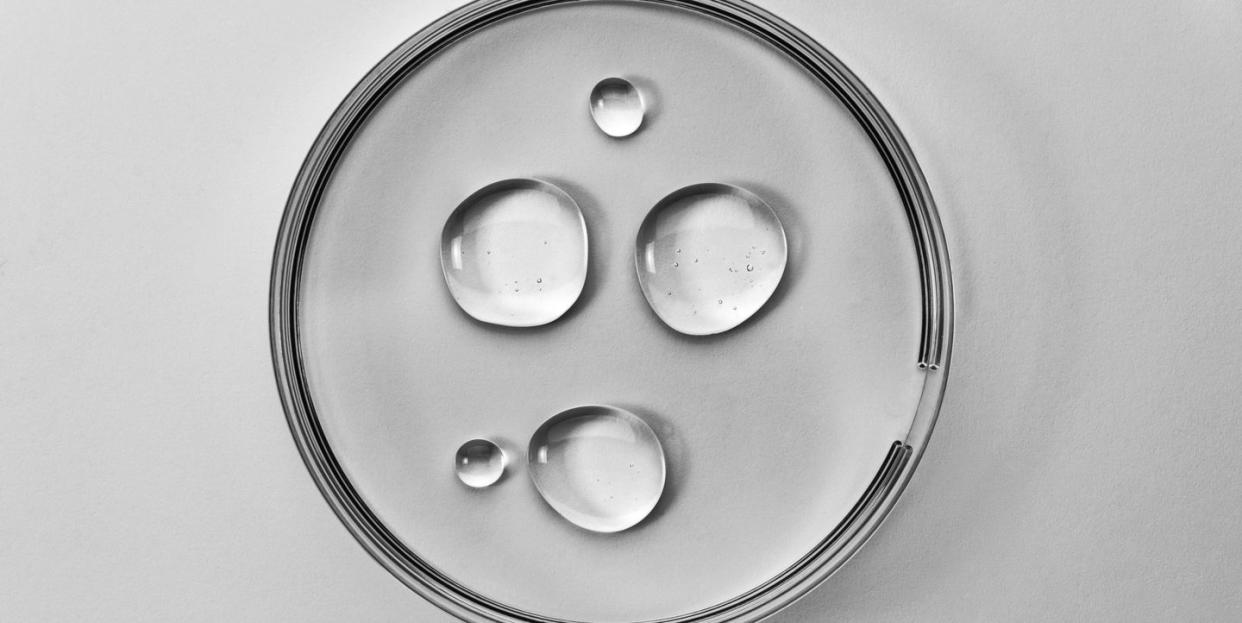Another Baby Was Born With the DNA From 3 People

The first baby in the United Kingdom with DNA from three parents was just born. While not a global first, it is a first for the UK.
The medical procedure that produced this 3-person lineage is meant to eliminate mitochondrial disease.
A growing number of babies are reportedly being born using this new method.
Babies are being born with DNA from three parents. We first heard about this practice in 2016, but it is now becoming more common, with Britain’s Human Fertilization and Embryology Authority revealing that a handful of babies have already been born in the United Kingdom using this new method.
It’s all about mitochondria. Well, faulty mitochondria, to be specific.
As the mitochondria supply energy to cells, defective mitochondria can lead to a host of problems. The Associated Press reports that one in 200 babies is born with a mitochondrial disorder annually in Britain. Some of these disorders—think brain damage and heart failure—are fatal within hours of birth, the BBC reports. Others, such as blindness or muscle wasting, can have a lifelong impact. That’s where the three-part DNA steps in.
Using this mitochondrial donation treatment procedure, another woman donates mitochondria to replace those inherited from the mother. The healthy female organelles help form IVF embryos without the diseased mitochondria. And since mitochondria contain DNA—about 37 genes, even though it makes up just over 0.1 percent of the baby’s total DNA—this introduces a third person’s DNA into the mix.
The concept isn’t totally new. The procedure was first introduced by the Newcastle Fertility Centre and first performed by a group of American doctors in 2016. The procedure was done in Mexico, due to regulations in the U.S. that prevented it from happening within the country.
The Guardian found that the U.S.-Mexico example is far from the only instance of this DNA combination procedure, though this baby was the first of only “less than five” born in the UK.
”MDT offers families with severe inherited mitochondrial illness the possibility of a healthy child,” Peter Thompson, chief executive at the HFEA, told The Guardian. “These are still early days for MDT and the HFEA continues to review clinical and scientific developments.”
Dagan Wells, a reproductive genetics professor at the University of Oxford, told The Guardian the clinical experience has been encouraging, but it is too early to know about the safety of the procedure and if the babies are completely free of mitochondrial disease. “Long-term follow-up of the children born is essential,” he said.
Joanna Poulton, a University of Oxford mitochondrial genetics professor, wrote that the birth of babies using the new procedure is a major step forward, but that the the long-term effects are unknown, and that the procedure could potentially cause effects like damage to the cells that require “radical reorganization.”
“This story is the beginning of a new treatment with massive potential for good,” she wrote. “However, rigorous regulation and checks on the unknowns of this new and controversial technology are needed.”
You Might Also Like
